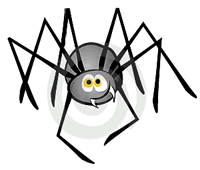Listening to Raidió na Gaeltachta today I heard the word babysiteáil, in a sentence something like “Tá sé ag Babysiteáil dúinne.” (He babysits for us). This caught my attention because I don’t seem to hear as many English words made into verbs like this in Irish as I do in Welsh. The Welsh equivalent is babysitio, or gwarchod.
There are ways of saying baby-sit in Irish: páistí a fheighil (to care for children) and aire a thabhairt do pháistí (to give care to children).
If you put baby-sit into Google Translate, the Irish comes out as leanbh-suí – a literal translation. The Welsh version, baban-sefyll, is also a literal translation. For other languages the translations are perhaps better: e.g. garder les enfants (French) and cuidar niños (Spanish).

